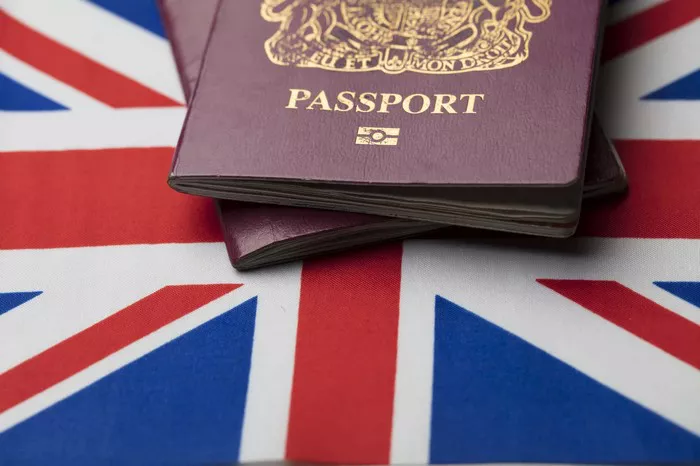The United Kingdom has long been a destination for individuals seeking opportunities for work, study, and residency. Among the various pathways available, the Ancestry Visa stands out as a unique option for those with ancestral ties to the UK. This article aims to provide a comprehensive understanding of the Ancestry Visa within the context of the UK’s tiered immigration system.
Tier System in UK
The UK operates a tiered immigration system, which categorizes visas and permits into different tiers based on the purpose of the individual’s stay and their eligibility criteria. Each tier is designed to accommodate specific circumstances, such as employment, study, family reunification, and exceptional talent. The Ancestry Visa falls within this system and is designed for individuals with a Commonwealth grandparent who wish to live and work in the UK.
Eligibility Criteria
To qualify for an Ancestry Visa, applicants must meet certain eligibility criteria:
1. Commonwealth Ancestry: Applicants must be able to demonstrate that at least one of their grandparents was born in a Commonwealth country.
2. Aged 17 or Older: Applicants must be aged 17 or older at the time of application.
3. Ability to Work and Support Themselves: Applicants must show that they can work and support themselves financially without relying on public funds.
4. Intent to Work in the UK: Applicants must intend to work in the UK and must be able to demonstrate their plans to do so.
5. English Language Proficiency: While not a strict requirement, applicants may need to demonstrate a certain level of English language proficiency, depending on the nature of their intended employment.
6. Maintenance Funds: Applicants may need to show that they have sufficient funds to support themselves and any dependents during their initial stay in the UK.
Meeting these criteria is essential for a successful Ancestry Visa application.
Application Process
The application process for an Ancestry Visa typically involves several steps:
1. Gathering Required Documents: Applicants must gather the necessary documents to support their application, including proof of ancestry, identity documents, evidence of financial means, and any other supporting documentation.
2. Completing the Online Application Form: Applicants must complete the online visa application form, providing accurate and truthful information.
3. Biometric Appointment: Applicants may need to attend a biometric appointment to provide fingerprints and a photograph as part of the visa application process.
4. Attending an Interview (if Required): In some cases, applicants may be required to attend an interview as part of the visa application process, where they may be asked questions about their background, intentions, and eligibility for the visa.
5. Decision on the Application: Once the application has been submitted and processed, applicants will receive a decision on their visa application. If approved, they will receive a vignette (visa sticker) in their passport, allowing them to enter the UK.
Rights and Restrictions
Ancestry Visa holders enjoy certain rights and privileges during their stay in the UK:
1. Work Rights: Ancestry Visa holders are entitled to work in the UK without the need for a separate work permit.
2. Study Rights: Ancestry Visa holders can study in the UK, either part-time or full-time, without any restrictions.
3. Access to Public Services: Ancestry Visa holders have access to public services, including healthcare and education, on the same basis as UK citizens and permanent residents.
4. Ability to Bring Family Members: Ancestry Visa holders may be able to bring certain family members, such as spouses, partners, and dependent children, to the UK with them.
However, there are also certain restrictions that Ancestry Visa holders must be aware of:
1. No Access to Public Funds: Ancestry Visa holders are not entitled to claim most benefits or other forms of public assistance in the UK.
2. Limited Duration: Ancestry Visas are typically granted for a period of five years. After this time, visa holders may be eligible to apply for settlement (indefinite leave to remain) in the UK, provided they meet the eligibility criteria.
3. Residency Requirement: To qualify for settlement in the UK, Ancestry Visa holders must have been continuously resident in the UK for a specified period and meet certain other requirements.
4. Visa Conditions: Ancestry Visa holders must comply with all visa conditions and requirements, including any restrictions on employment or study.
Conclusion
The Ancestry Visa offers a valuable opportunity for individuals with Commonwealth ancestry to live and work in the UK. By understanding the eligibility criteria, application process, and rights and restrictions associated with this visa category, prospective applicants can navigate the immigration process more effectively. For those seeking to reconnect with their ancestral roots or pursue opportunities in the UK, the Ancestry Visa provides a pathway to achieve their goals.


